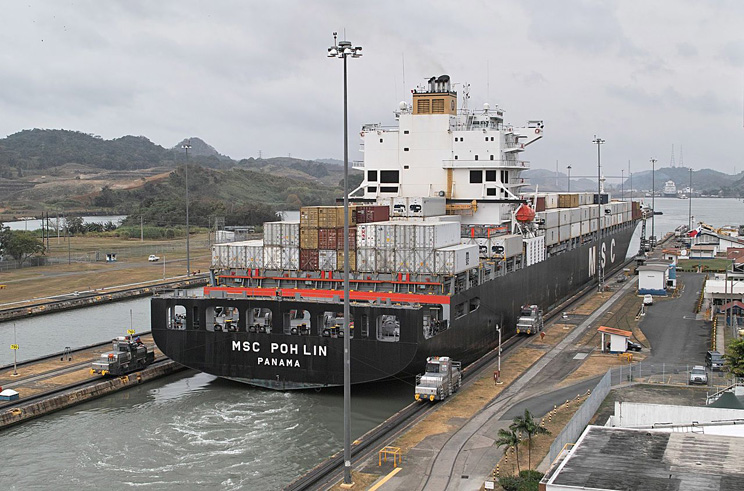The Global Competitiveness Report 2016-17 from the World Economic Forum, published this week, warns about a trend towards protectionism that could hinder future competitiveness and growth.
Should we worry about it?
Well, let´s first analyze the data. The report compares the average answers by group of countries to four variables that indicate openness. These variables are:
- Prevalence of non-tariff barriers
- Burden of custom procedures
- Prevalence of foreign ownership
- Business impact of rules on foreign direct investment
The aggregated value of these variables in the 2016-17 edition is lower than it was 10 years ago; that is a fact. It is also true that the effect is more clear on the high-income group of countries, but even for this group the downturn is less than 0,5 (over 7).

Considered independently, it doesn´t seem so worrying. However, we should also take into account other signals that can point in the same direction: vote for Brexit, to begin with; the support received by leaders such as Trump, who advocate more for more isolationist policies; doubts regarding the Trans-Pacific Partnership (TTIP) with the US and other countries; and increasing protests worldwide by citizens who blame globalization for job losses and rising inequality, among other things.

The globalization debate is not a new thing. Voices against free trade and investment have been in the media and on the street for years now. The difference is that they also seem to be on the political agenda.
Monitoring the globalization process and its potential negative side effects is of course necessary and a task that international organizations such as the WTO and others should not neglect. But increasing barriers is not the solution: beggar-thy-neighbor policies have already demonstrated their damaging effects on prosperity.
A related problem of protectionism is the negative effect it might have on innovation. A trend towards protectionism might definitely affect some variables that are crucial for the innovative capacity of countries: the access to high technological products, technology transfer and absorption, and cooperation, among others. And let us not forget that innovation is especially important for the same group that has shown a clearer pattern of declining openness: the high income countries. For these countries, future competitiveness is based more on the sophistication of businesses and innovation than for other countries that are more resource-oriented.
Let’s not panic, but we should definitely be mindful of the evolution of openness variables, as suggested by the World Economic Forum, as well as other signals. So, should protectionism finally prevail, we can’t say it was another black swan.
Authors:
Pascual Berrone is associate professor of Strategic Management and holder of the Schneider Electric Chair of Sustainability and Business Strategy at IESE Business School. He is also vice-president of the Iberoamerican Academy of Management. Prof. Berrone earned a B.Sc. in business administration from the Universidad Católica de Córdoba, holds a senior degree in management and international business from the FUNCER Business School, and completed his Ph.D. in business administration and quantitative methods degree at Universidad Carlos III de Madrid. He is also an alumnus from IESE where he completed a PDG program.
María Luisa Blázquez is a Research Associate at IESE Business School and professor at the Universidad Pontificia Comillas. She carries out strategy and competitiveness projects at IESE, such as the coordination of the Global Competitiveness Report Survey in Spain as a partner of the World Economic Forum. She holds a Ph.D. in Business from the Universidad Pontificia Comillas in Madrid, an MBA from the Massachusetts Institute of Technology (MIT) in Boston.


Trump does not advocate isolationist policy. Closest he comes to that is war on ILLEGAL immigration. At no point is he stated anything against LEGAL immigration or that can be seen as isolationist, especially as he outsources to number of 3rd world countries.
Immigration control is about economic self preservation.
Imagine if you threw a house party for 20 people, and bought food and refreshments just for those 20 people, but 300 show up, will not leave, and every day another 100 come and stay camping inside your home, while expecting you to feed them all at your own expense.